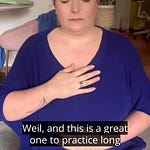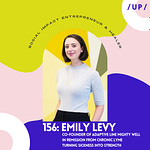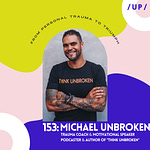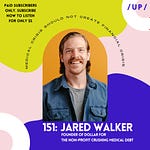In 2012, while studying at university, Mimi Butlin contracted viral meningitis — from which she never fully recovered. Since then she has been diagnosed with Ehlers-Danlos syndrome, fibromyalgia, postural orthostatic tachycardia syndrome, and ME/CFS (as Mimi wryly notes, “a really lovely bunch!”). For years, she felt completely alone and that convinced she was responsible for her pain. In 2018, she started the Instagram account @CantGoOut_ImSick, a platform where she posted drawings of what living with illness was like — including portraits of other chronically ill women who had gone through similar experiences. Because of her work, including the #BelieveUs campaign, she has been featured in Women’s Health magazine, Grazia magazine, and on Refinery29 and Bustle. Recently, she collaborated with disability charity Leonard Cheshire to create the #DisabledLooksLikeMe campaign to raise awareness of invisible disabilities. Mimi is very proud of what was achieved throughout the campaign, which saw disabled influencers, creatives, and celebrities — such a Selma Blair and Sinead Burke!! — wearing her t-shirts and supporting the campaign on social media. She is currently taking a break from her work in order to accommodate her health (and wow, can we relate), but she’s extremely grateful to the people she has met along the way, who have helped her accept her conditions and feel proud of who she is.
Tune in as Mimi shares:
that of all her symptoms, chronic pain is most in control of her day-to-day
that she was diagnosed with viral meningitis, and subsequently with Epstein-Barr Virus (EBV, or mono) and gastroenteritis — multiple times — and never fully recovered
a discussion of access issues in healthcare, including the NHS and optional paid enhancements
why doctors have a responsibility of care — both emotional and physical
how mental health and medical PTSD have played a role in her health experience
how she first received notice for her art — from fellow Spoonie, Lena Dunham!
how her illnesses changed her relationship with her mum
why she recommends those who identify as female bring a cis man with them as an advocate in doctors’ appointments
her experiences of not being believed by medical practitioners
who has inspired her in the disability community
how she’s cultivated pride in her health status
how research can give you perspective on your experience — and the experiences of others














Share this post